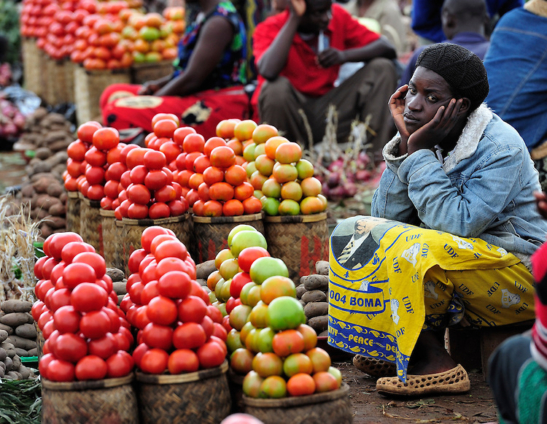- by Admin
- November 17, 2023
Click the link below to join Our WhatsApp group for daily brief on current trends in the country.
Join Here!
Loading

The cedi is experiencing a notable decline in its value against major international currencies such as the US dollar, the Euro, and the British pound. The abysmal performance of the Cedi against the major trading currencies are disturbing businesses.
Ghana’s cedi is in a record-breaking weakening cycle. The currency has not gained versus the dollar, in the past 22 trading sessions, the longest streak according to data compiled by Bloomberg going back to 1994.
It has declined 14% this year, a slump beaten only by currencies that have been devalued, including the Egyptian pound and Nigerian naira.
The slide has been fueled by a slump in cocoa earnings, with exports dropping by nearly a third to $508 million in the first two months of the year due to adverse weather, disease and fertilizer shortages.
Despite a temporary surplus in 2023, Ghana’s historical current account deficit is also resurfacing, signaling further challenges to the cedi.
This depreciation has had profound effects on the nation’s economy, particularly in terms of inflation and food prices, affecting the daily lives of millions of Ghanaians.
President of the Ghana Union of Traders Association (GUTA) Dr Joseph Obeng in an interview with RGG News said for businesses to survive the challenges posed by the free fall of the Cedi and to break even, businesses have had to pass on the costs to the consumer.
He disclosed that the depreciation of Ghana’s currency value is taking a heavy toll on the trading sector which has in turn stymied the smooth running of business operations in Ghana.
“The purchasing power of the consuming public has been affected, thereby reducing the turnover of businesses,” he said.
According to Dr Obeng, the fall of the Cedi against the major trading currencies especially the Dollar has resulted in increasing costs of doing business in Ghana.
He added that businesses are unable to service their debts with the banks because of the exchange rate issues.
Dr. Obeng called on the Bank of Ghana (BoG) to relax the stringent documentation requirements businesses must follow to exchange money.
He said the current regulatory framework inadvertently drives more traders to engage with forex bureaus and the black market rather than mainstream banks.
“One thing that the Bank of Ghana is doing is that they do not recognise that we trade more with the forex bureaus and the black market than the mainstream banks”, he revealed.
“Because you know, the fear factor there is the documentation, the requirement, stringent documentation. They have to relax their stringent documentation.”
“If you make a stringent documentation requirement, then people do not transact through the banks. For the Bank of Ghana what you need is a bill of lading and then your transactional value, that should be enough for you. People will not be panicked about whatever the accounting aspect of all that, he said.”

Click the link below to join Our WhatsApp group for daily brief on current trends in the country.
Join Here!
0 Comments: